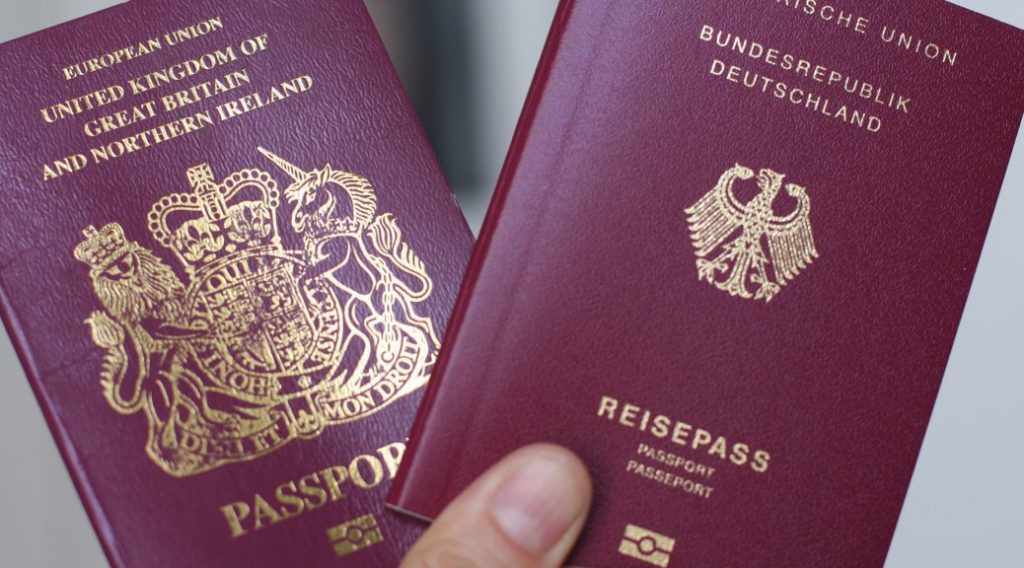
Work in Germany. Germany relaxes naturalization laws. Germany’s Bundestag, the lower house of parliament, approved the relaxation of naturalization laws and the expansion of dual citizenship access. The German government advocates that these changes aim to enhance the country’s appeal to skilled international workers, ultimately alleviating labor shortages.
The ruling coalition government, comprising Chancellor Olaf Scholz’s Social Democrats, the Free Democrats, and the Green Party, supported the legislation. In contrast, the opposition parties, including the conservative Christian Democrats (CDU), Christian Social Union (CSU), and the far-right Alternative for Germany (AfD), opposed the bill. Out of the 639 votes cast, the tally resulted in 382 affirmatives, 234 negatives, and 23 abstentions.
Read also: Germany introduces new citizenship law: Dual citizenship and shorter requirement
What are the rule changes?
The recently enacted law shortens the residency requirement for foreigners seeking German citizenship, allowing them to apply after five years instead of the previous eight. In cases where applicants demonstrate exceptional integration, naturalization can occur after just three years.
Typically, dual nationality is restricted to citizens of other EU countries or Switzerland, with exceptions for certain immigrants. The relaxed regulations now open up the possibility of obtaining dual citizenship regardless of the applicant’s country of origin.
Germany’s interior minister emphasized that this change is aimed at attracting vital skilled workers, addressing the ongoing challenges of labor shortages in the country.
Read also: Citizen’s Income (Bürgergeld) 2024: What you need to know
“We have to keep pace in the race to attract skilled labor,” said Nancy Faeser ahead of the vote.
“That means we need to make an offer to qualified people from the world over, just as the United States and Canada do. German citizenship is obviously part of that.”
This policy shift would enable tens of thousands of Turks, including third-generation immigrants whose ancestors arrived as “guest workers” between the 1950s and 1970s, to attain German citizenship and voting rights.
Read also: Citizen’s Income (Bürgergeld) 2024: What you need to know
While the overarching goal of the legislation is to simplify the naturalization process, the government also intends to impose stricter criteria. Individuals who are unable to financially support themselves or those who do not uphold the “free, democratic basic order in Germany” may find it more challenging to undergo the naturalization process under these revised regulations.

Conservation opposition to changes
The CDU-CSU bloc expressed opposition to the new regulations, advocating for amendments to “safeguard the significance of German citizenship.” Their stance reflects a push for a more stringent immigration policy, aiming to counter the growing influence of the far-right Alternative for Germany (AfD) party, which has experienced a surge in popularity.
The government, in response, has committed to adopting a more robust approach to specific types of immigration. This includes the pledge for expedited deportations of illegal immigrants and failed asylum seekers, aligning with their promise of a tougher stance on immigration.
Read also: Germany’s minimum wage to rise in 2024: What you need to know
On Thursday evening, the Bundestag approved a bill to prolong custody measures, aimed at preventing last-minute deportation failures. This legislation involves an extension of the permissible maximum duration of detention pending deportation from 10 days to 28 days.
